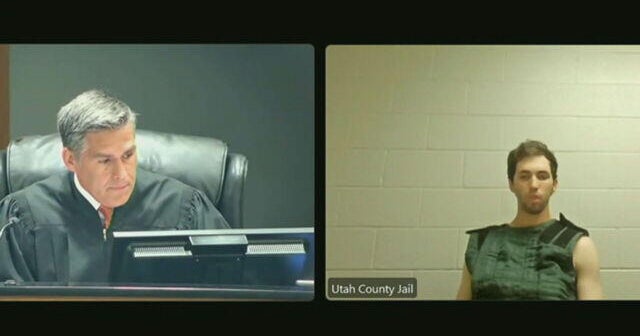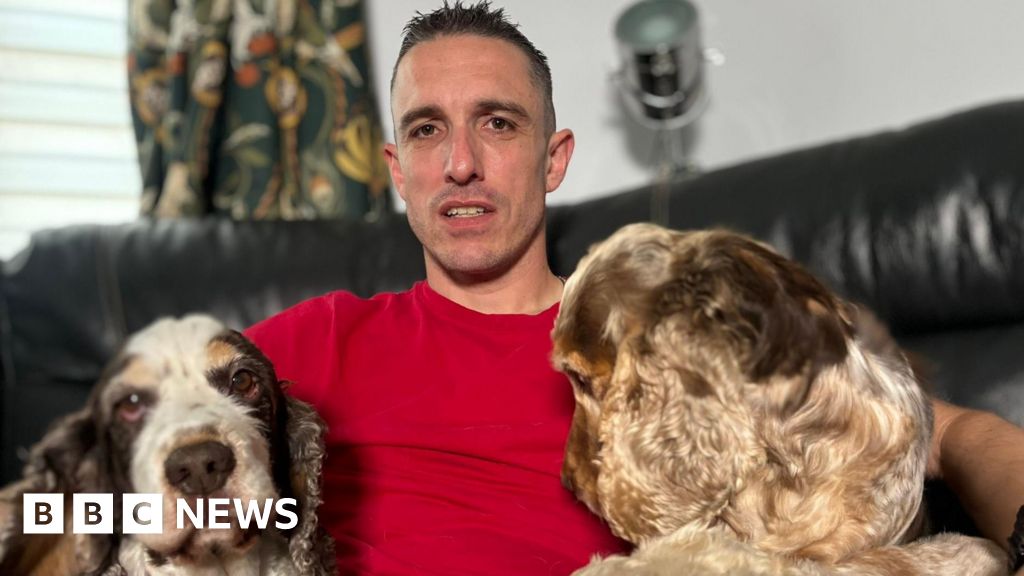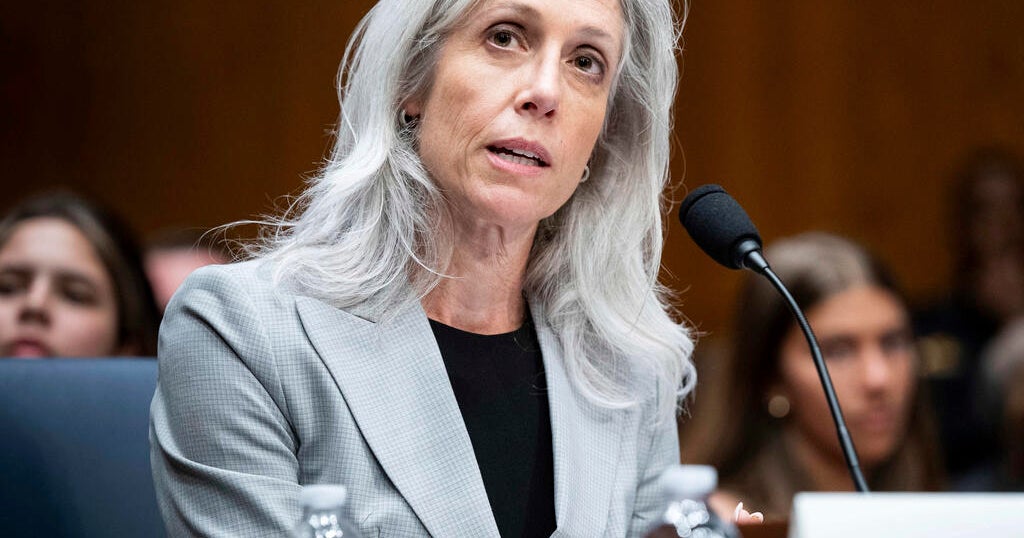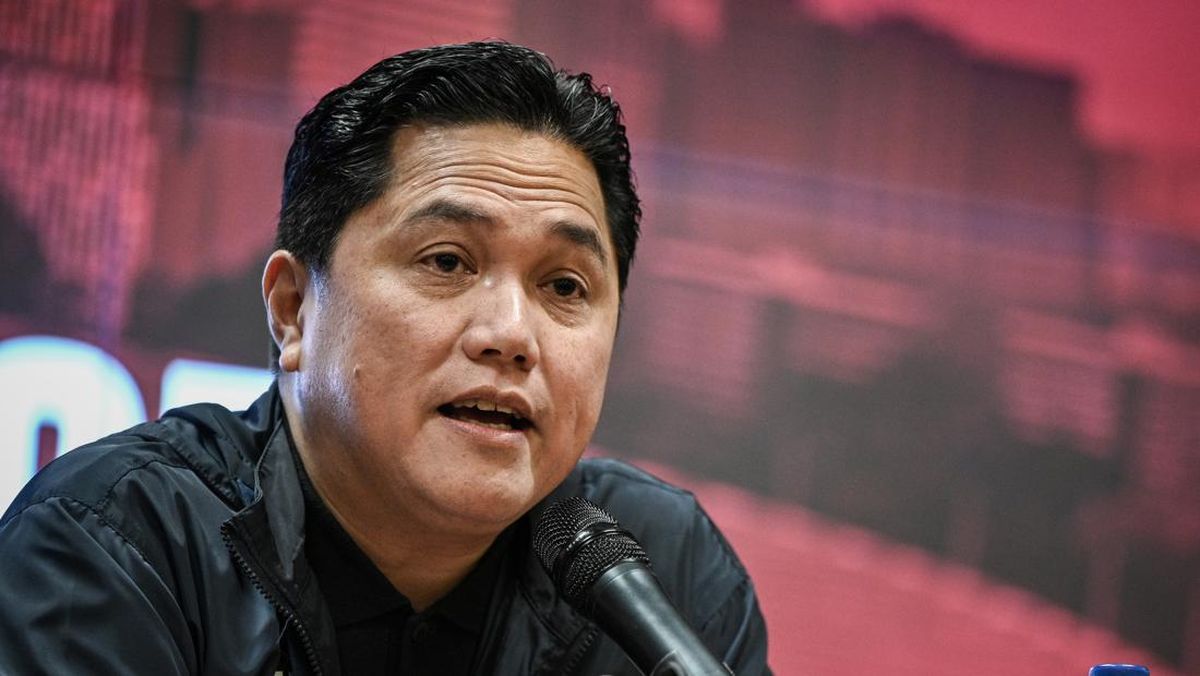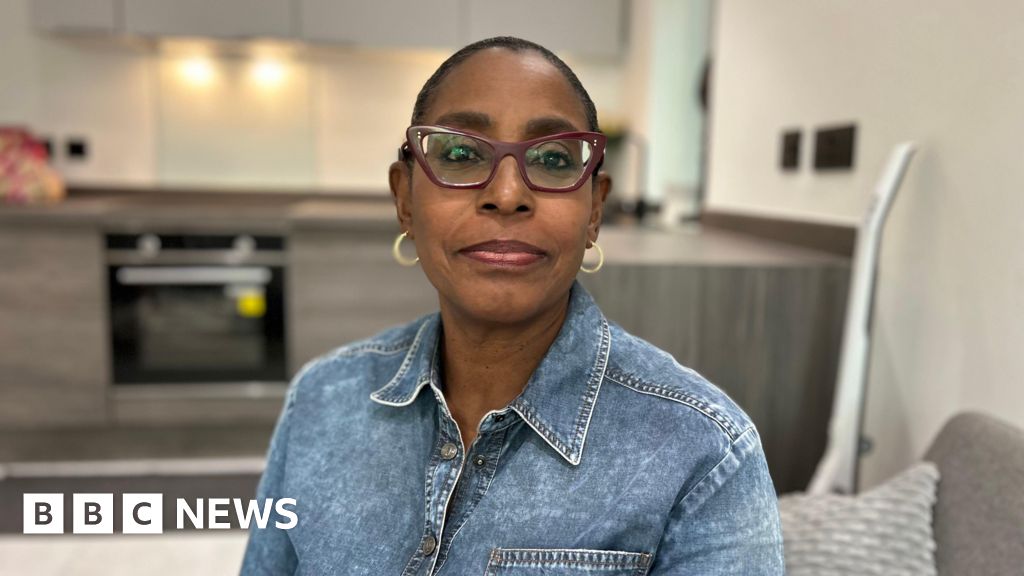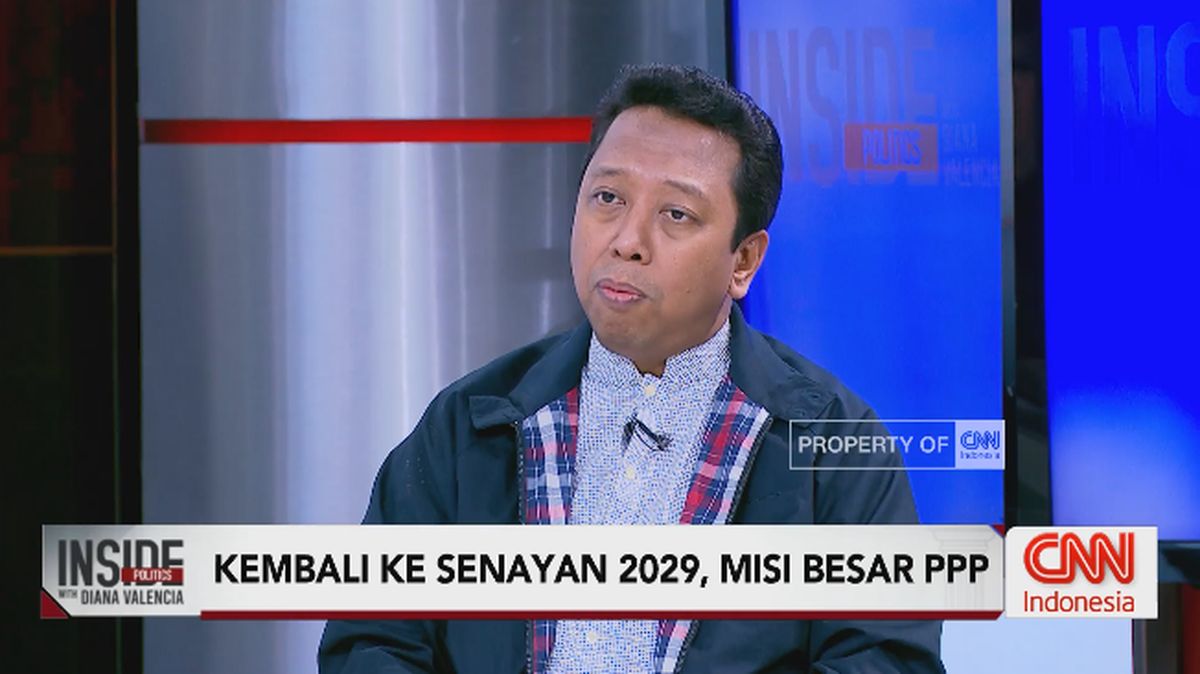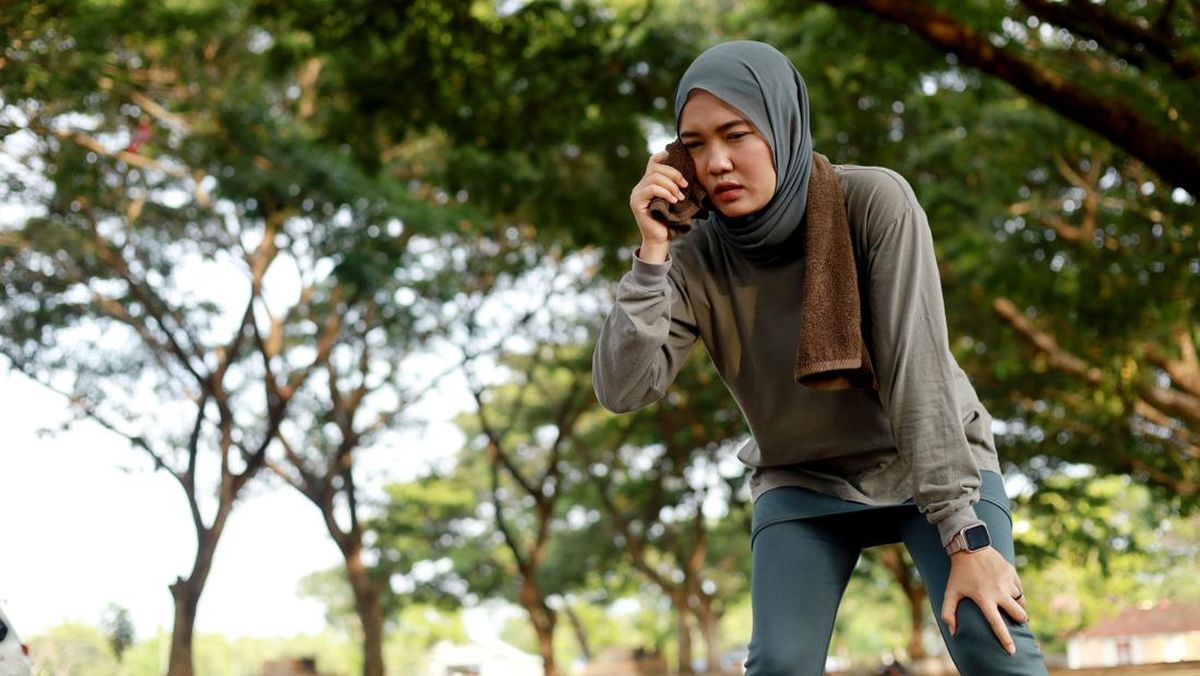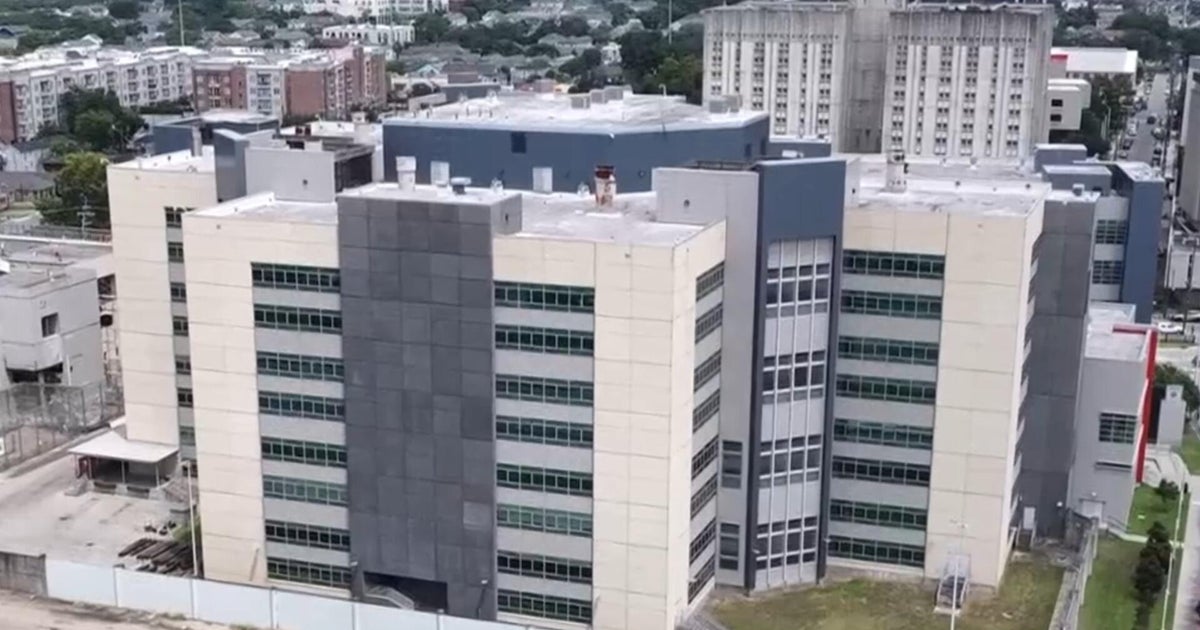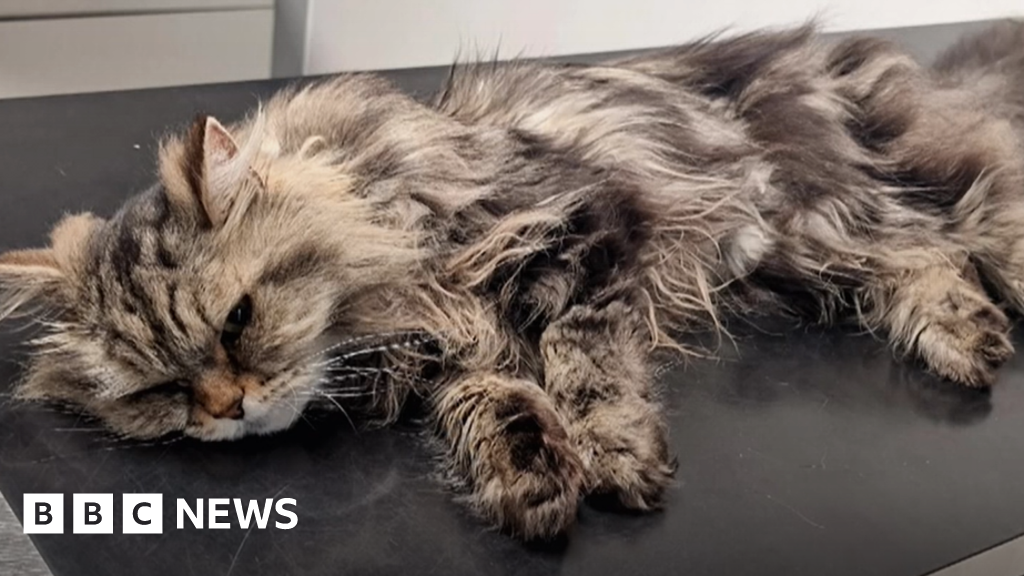Former police commissioner lands top job at DNA lab
We’re sorry, this feature is currently unavailable. We’re working to restore it. Please try again later.
Former New South Wales police commissioner Mick Fuller has been appointed as the new director of Queensland’s beleaguered forensic testing lab.
Fuller, who served as commissioner from 2017 to 2022, will now lead reforms at Forensic Science Queensland, which is battling to rectify a series of failures and clear a significant testing backlog.
The lab was the centre of two commissions of inquiry, after former forensic biologist Dr Kirsty Wright blew the whistle on alleged testing failures in the 2013 murder investigation of Shandee Blackburn.

Former NSW Police commissioner Mick Fuller (left) has a new job in Queensland.Credit: Mick Tsikas
More than 100,000 were ordered to be retested across the lab, and two senior employees were stood down.
A damning report released last month revealed there were still 13,000 samples in the backlog that needed to be tested, with an average completion time of more than 400 days. In NSW, these results usually take a maximum of 10 days.
This year, Fuller was enlisted by the Crisafulli government to lead a new expert taskforce to overhaul the testing facility.
The government said he had already made a valuable contribution towards clearing the backlog in that role.
“Throughout my career I have witnessed how vital forensic science is for holding criminals to account and I’m under no illusion how challenging it will be to clear FSQ’s existing backlogs,” Fuller said in a statement.
Wright’s recent review revealed further depths of failings within the lab, including that systemic contamination and testing delays meant DNA results from murder and rape investigations were delayed by more than 400 days.
In NSW, these results are typically completed in just five to 10 days.
Loading
Wright said the facility, which is leaned on to examine sensitive evidence from the state’s most violent crimes, was a “dirty lab”, despite a long list of previous recommendations from two major probes.
“They were processing crime scene samples in a dirty lab – they knew this. There was evidence of this for at least a year, a year-and-a-half,” she said last month when handing down her report.
“They test the surfaces to see how clean the surfaces are before they examine the crime scene sample, and they were repeatedly finding that the examination surfaces were dirty.”
Most Viewed in Politics
Loading

